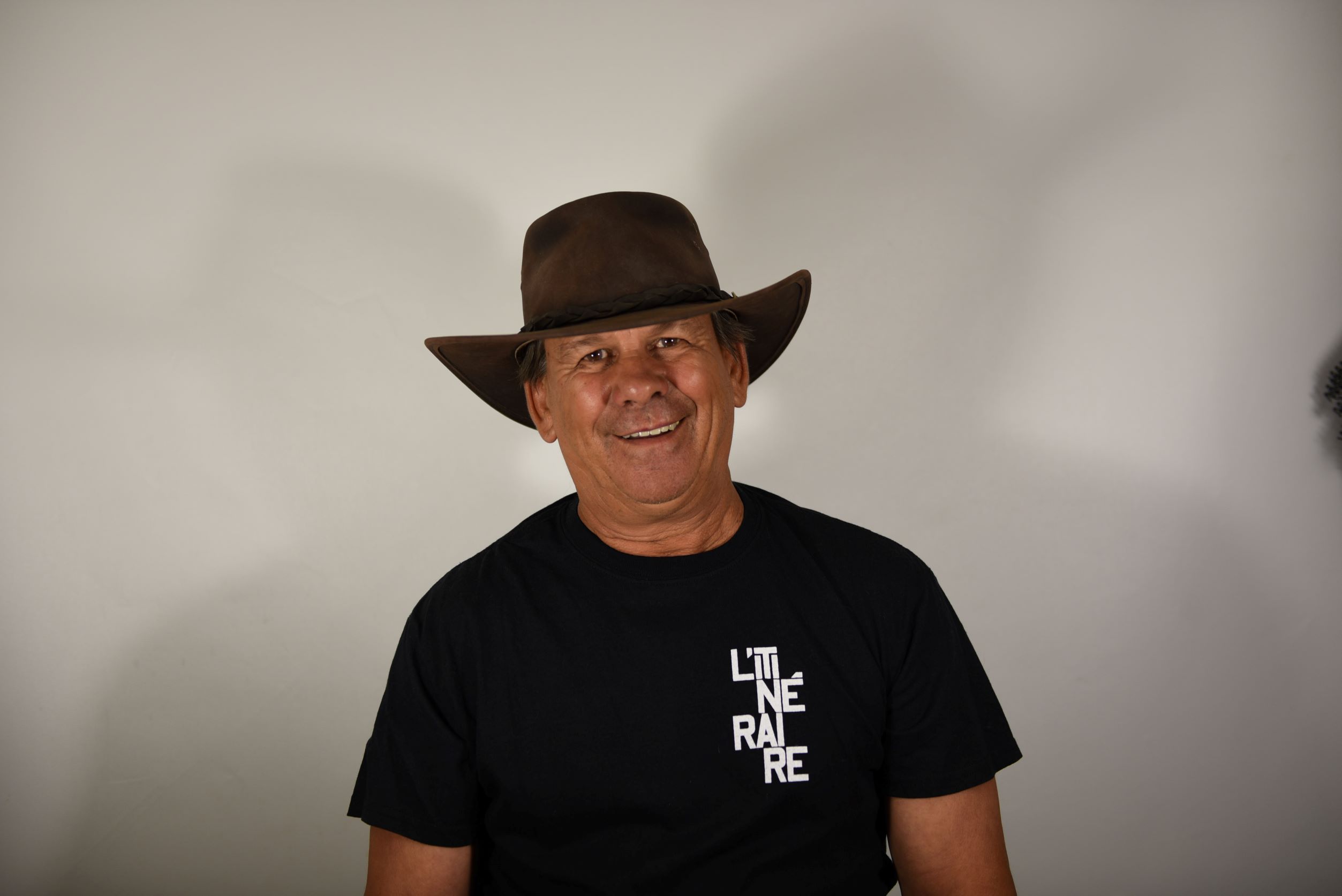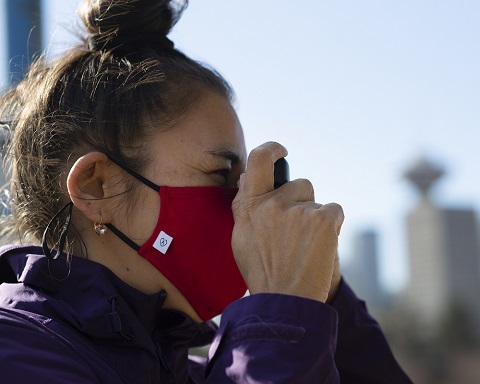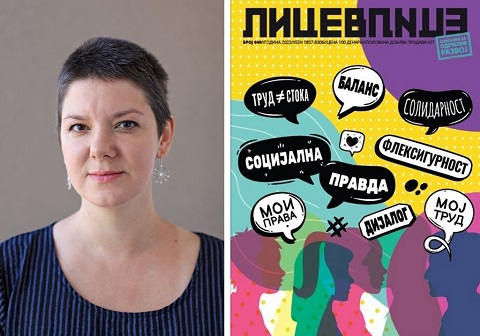With the UN climate conference COP26 now over, and an agreement on some form of cohesive future climate action reached after two weeks of negotiations, many participants are calling the event a “monumental failure”. Voices from key communities were notably marginalised from the discussions, from leaders of Indigenous groups to representatives from Pacific nations most at risk from rising sea levels.
The voices of ordinary members of the public were only really heard through grassroots activism and street-level protest in Glasgow throughout the duration of the summit. But what of those with less means and less chance to be heard, those living in poverty and on the fringes of society.
People who sell street papers and the communities they come from were certainly not high on the list for COP26. INSP spoke to some who wanted to make their feelings on the climate crisis known.
![Lice v Lice vendor Valentin Rakip. [Credit: Tomaslav Georgiev]](https://hub.insp.ngo/wp-content/uploads/2021/11/INSP_Street-paper-vendors-on-climate_1-1.jpg)
“I’m really affected by climate change, just because my work is on the streets,” said Valentin Rakip, who sells the North Macedonian magazine Lice v Lice. Attention has been drawn to a very particular symptom of climate change in the country in recent years: how biodiversity loss has led to the worrying decline of bee populations. This was captured by the Oscar nominated documentary film Honeyland.
“During the summer, the temperature goes way beyond 40 degrees Celsius,” continues Valentin. “It is okay if you work in an office, but if you are on the streets, it is almost impossible. Not to mention that it means there are hardly any people on the streets, so not much interaction is happening there. During winter, it’s also a challenge. Winters are becoming too cold and, sometimes, it is hard for me to go on the streets.
“Climate change is burdening me a lot – there are frequent fires and floods. I’m a scout and, this summer, I wasn’t able to hike because of restrictions because of fires. I’m also very sad because wildlife is endangered. I feel bad because we as people don’t do much in this regard. You cannot play with water and fire – it is not a game, it is a matter of existence.”
![L’Itinéraire vendors Daniel Prince (top right), Jean-Claude Nault (bottom right) and Karine Lizotte (left). [Credit: Justine Latour]](https://hub.insp.ngo/wp-content/uploads/2021/11/collage.jpg)
L’Itinéraire – a street paper in Montréal, a city which, if recent reports become true, may be partly underwater in the next 80 years due to climate change – asked those who sell it of their perception of the climate crisis.
“When I was younger, I used to toss my stuff on the ground,” said L’Itinéraire’s Yvon Massicotte. “Now, I’m sick of seeing all the things that people throw on the ground. We could start with small gestures, as simple citizens. We’re not Greta, we can’t make decisions like governments, but the least we can do is to do what we can. If we rely on governments to improve the situation, it won’t work.”
Fellow street paper vendor Jean-Claude Nault added: “I think that even if I had the money, I would still be environmentally conscious. I’m not afraid of the climate situation, because I think I’ll be able to adapt, but others will have difficulties.”

Another L’Itinéraire seller, Daniel Prince, said: “Unfortunately, governments are not moving. It’s all well and good to talk about climate change, but in reality, nothing is really happening, governments are not moving. Again in Canada, we hope to reach our objectives this year…but next year! Everything is always postponed to tomorrow, because changes are too expensive.”
“We all need to pitch in,” said their colleague Karine Lizotte. “When you’re just an individual, like us, you can’t make a difference. I’m not a big oil company. But if we all got involved, it would work.”




















